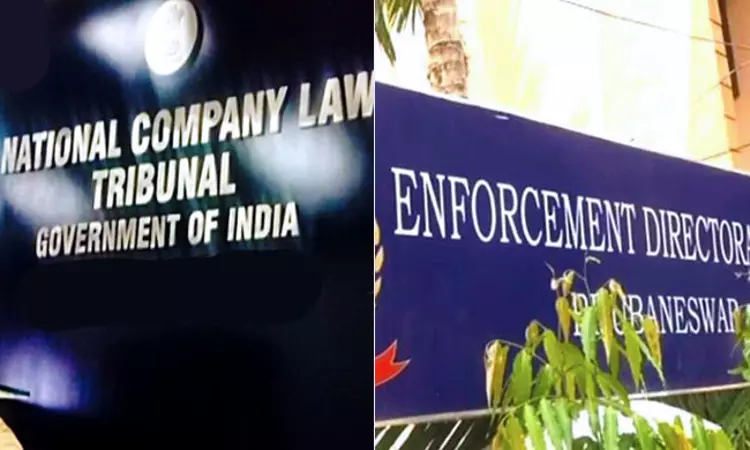Insolvency & Bankruptcy Code Prevails Over Prevention Of Money Laundering Act : PMLA Appellate Authority
Arunima Bhattacharjee
23 Sept 2019 7:33 PM IST

Next Story
23 Sept 2019 7:33 PM IST
In a decision with a possibility of having a far-reaching effect, the Appellate Authority of the Prevention of Money Laundering Act, 2002 (PMLA) has upheld the prevalence of the IBC over the provisions of PMLA. The Appellate Bench has ordered the release of specific properties of PMT Machines Ltd., which were attached by the ED (Directorate of Enforcement), in view of allegations...
